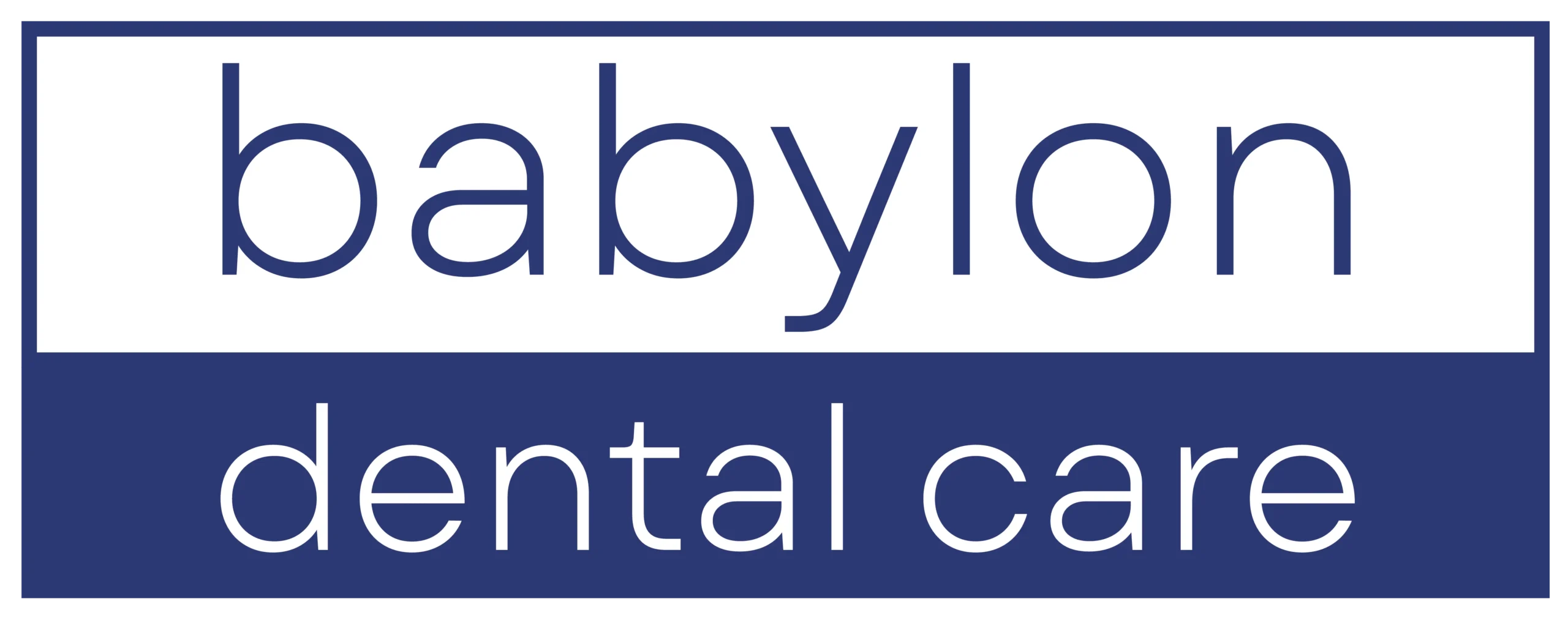
Dentures can be a fantastic way for Babylon residents to restore form and function to a mouth that’s suffered from significant tooth loss. However, there’s even more to this restorative dental procedure than meets the eye. It’s believed that there’s an essential connection between denture use and cognitive health.
What Are Dentures?
Dentures are prosthetic dental devices that can restore a full row of missing teeth. They can also replace one or several missing teeth, rather than all of them. Some dentures are removable, but others can be fixed permanently into the mouth. Both types of dentures can improve speech, restore chewing function, and boost self-confidence.
The Link Between Denture Use and Slower Cognitive Decline
A Chinese study published in 2024 supports the denture/brain health connection. It looked at 10 years of health data collected from 27,706 people aged 65 or older who had lost teeth. Results showed that those who received dentures tended to maintain better cognitive function as they aged.
On the surface, there may not seem to be any apparent connection between denture use and cognitive health. However, if you dive just a little deeper, this fascinating relationship makes perfect sense.
Nutrition, Dentures, and Cognitive Health
Without teeth, eating can become painful, which often means less eating, a less varied diet, and worse nutrition. Our brains require a variety of nutrients to function properly. A lack of that nutrition at an older age can lead to more rapid cognitive decline.
Dentures can restore function to the mouth and allow for more comfortable chewing. This can lead to a more varied diet, better nutrition, and better brain health.
Tooth Loss and Social Isolation
Missing teeth can also damage our self-confidence, resulting in less socialization and worse mental health. Research has shown that social isolation and loneliness may have a significant connection to cognitive decline.
Dentures can restore form to the mouth, boosting self-confidence and improving socialization. Human interaction, connection, and mental stimulation can help boost brain health.
The Role of the Chewing Function in Brain Health
There’s even more that connects dentures and brain health than just nutrition and socialization. It turns out that the simple act of chewing is crucial for engaging the brain and keeping it active. When you chew, multiple areas of your brain are stimulated, including those connected to learning and memory.
Chewing supports brain health by:
- Increasing blood flow to the brain
- Activating the hippocampus (the brain’s memory center)
- Stimulating the production of dopamine and serotonin
- Improving mental alertness and processing speed
Missing teeth can mean a lot less chewing and far fewer of these amazing benefits. Replacing missing teeth with dentures restores the ability to chew, which may improve brain health.
The Further Impact of Tooth Loss on Mental Acuity in the Elderly
Missing teeth impact the ability to chew and enjoy a varied diet, but those are not the only ways this condition can impact brain health. It’s also believed that missing teeth can lead to more inflammation, which can speed up cognitive decline and even lead to dementia.
This increase in inflammation may be the result of gum disease. This infection of the gum tissue is caused by a buildup of bacteria in the mouth. Missing teeth create gaps in the mouth that are difficult and sometimes painful to clean. This results in a higher risk of gum disease in people with missing teeth, and therefore a higher risk of dementia.
Prosthodontic Solutions for Cognitive Preservation

If you have missing teeth and you’re hoping to restore your smile and protect your brain health, you’ve got several options:
Dentures
Dentures offer a comprehensive solution when multiple teeth are missing. They can replace up to an entire row of teeth at once and are among the most affordable restorative dental solutions.
Dental Bridges
Dental bridges are dental prosthetics that can replace several teeth at once. They can be fixed into the mouth via dental crowns on either end of the device that are fitted over existing teeth.
Dental Implants
Dental implants are usually a single-tooth replacement option. A post is fused directly into the jawbone through a process called osseointegration, and crowns are placed onto the post to replace natural teeth. Dental implants offer unmatched strength and support.
Contact Babylon Dental Care Today to Learn More
If you’re looking for tooth replacement solutions to boost your self-confidence and improve your brain health, our team at Babylon Dental Care can help. Call (631) 983-6665 today or contact us online to schedule an appointment.
Related Posts:
Flossing Your Teeth May Protect Against Cognitive Decline
How Aging Affects Dental Health and How to Maintain Dental Health as You Age
